Okay, everyone hold up their right hand. We’re all going to solemnly swear to be adults about this topic. No giggling, no snorting, and no making our pets feel embarrassed. (I can hear you snickering in the back) Let’s face it, if you have certain breeds of dog, you’re familiar with the unmistakable scent and sound of flatulence. And we’re not picking on the flat-faced pups who gulp extra air here, either. Nope, our Greyhound can clear the room. She even wakes herself up at times. And there’s nothing funnier than when one of the cats meow in protest at her gassy emissions. But it makes you wonder whether cat farts happen, doesn’t it? Can our felines produce flatulence, too? (Your cat is staring you down right now, aren’t they?) Humor aside, let’s take a look at the science behind this question.
Cat Farts: Bacteria in the Gut
Surprisingly, not all animals produce gas. However, cat farts happen. And the source isn’t a mystery. Like dogs and humans, cats have bacteria in their digestive systems. The microbes assist in the breakdown of the food they eat. As the bacteria work, they produce gasses as a by-product. And those gasses have to go SOMEWHERE. Cats don’t burp very well, so the result is flatulence. It’s a natural occurrence (all giggling aside). However, normal cat farts don’t produce as much noise as you see in other animals, nor are they usually as odiferous. (That’s where that famous feline dignity comes into play)
But cats can get into trouble when the bacteria go haywire. If the microbiome shifts out balance, your cat can end up bloated and uncomfortable. And that’s when you WILL notice those cat farts. Because the unhealthy bacteria take over, producing foul-smelling gases. You’ll also see a distended stomach, which your cat won’t let you touch (assuming your cat allows that in the first place). And that’s when cat farts become troublesome.
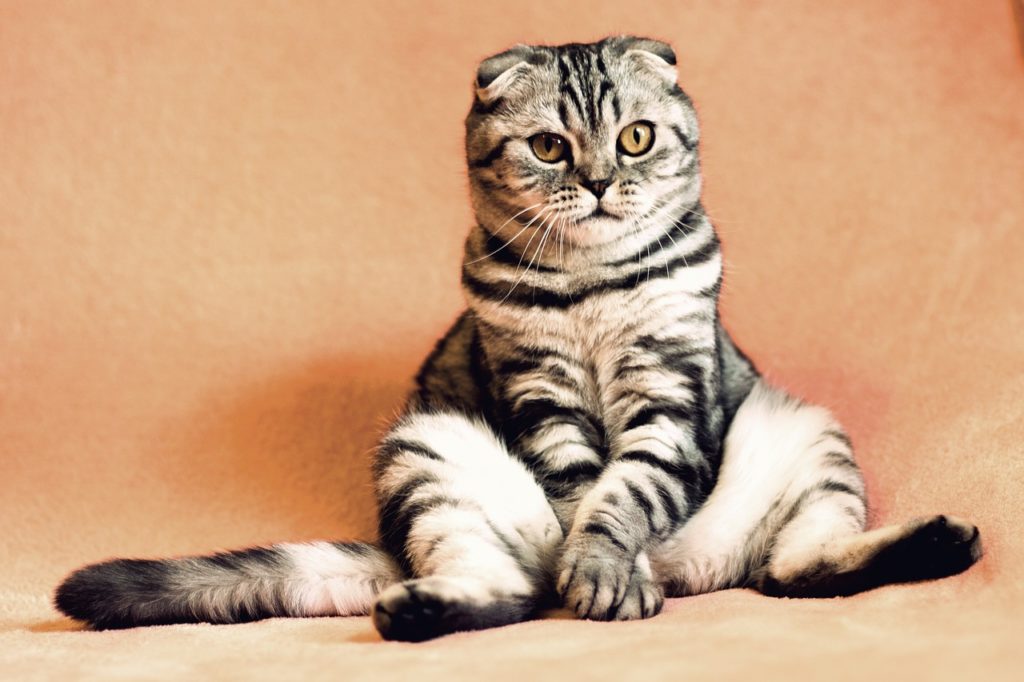
Cat Farts: Common Causes
The GI tract is pretty delicate. It doesn’t take much to make it unhappy. And once things become unbalanced, you start to notice those cat farts. Odds are you won’t hear anything (cats have an image to maintain, after all), but you might catch a whiff of unpleasant smell. And you’re also going to notice a shift in your cat’s litter box leavings. Once those clues set in, you can start to look for these common causes of tummy upset.
Air
The stomach isn’t designed to process air. If your cat eats too much – or too quickly – they may gulp down air. All of that air then goes straight into the GI tract. And you end up with cat farts as a result (the air has to go SOMEWHERE). Cats from rescue situations often panic whenever food appears, afraid it won’t last. But the GI tract can’t cope. The behavior is easy to spot, and it’s also simple to correct.
You can use slow feeders or timed feeders to slow down the meals. You’ll ease the strain on your poor cat’s stomach (it DOESN’T like air), and you won’t see those gassy emissions anymore. The feeders teach your cat their food isn’t going to disappear if they don’t gulp it down, which is a healthier way for them to eat. And if you have an overeater, you cut down on the tendency to overload the stomach.
Diet
Cat foods are one of the biggest culprits when it comes to cat farts. The World Small Animal Veterinary Association (WSAVA) lists flatulence as an “altered gastrointestinal function” on the Nutritional Screening Risk Factor checklist used when they perform their nutritional assessments. That’s how serious they consider the problem. And some ingredients CAN upset the balance of a cat’s GI tract:
- Corn
- Dairy
- Fiber
- Soybeans
- Wheat
Cats are obligate carnivores, and when the ingredient labels add too many vegetables into the mix, you’re going to see cat farts. They don’t have the stomach for it – literally. (There are NO vegan cats out there) Unfortunately, many cat foods use corn and wheat as a filler, particularly in dry cat foods. At the same time, though, too much red meat ALSO produces a lot of flatulence. You need to consider other protein sources to keep your cat’s tummy happy.
While fiber is important to a cat’s diet, TOO much can tip the gas levels into bloating levels. This is why most cat owners offer dry AND canned cat foods. Canned foods have a lower fiber level, which helps balance the higher levels found in dry foods. The result is a less gassy feline.
And it should go without saying that cats DON’T need dairy. They’re lactose-intolerant. So skip the milk, ice cream, and yogurt.
Allergies
Oddly enough, allergic reactions can produce cat farts. As your cat’s body reacts to the allergen, the GI tract goes into distress. This often results in vomiting, diarrhea, and (you guessed it) flatulence. And while cats can develop food allergies, they’re NOT at the top of the list. Nope, the most common allergies in cats are:
- Dust
- Fleas
- Pollen
- Ticks
If you think an allergy is causing your cat to suffer the indignity of passing gas, it’s time to make a trip to the vet. They’ll perform the necessary testing and arrange for proper treatment.
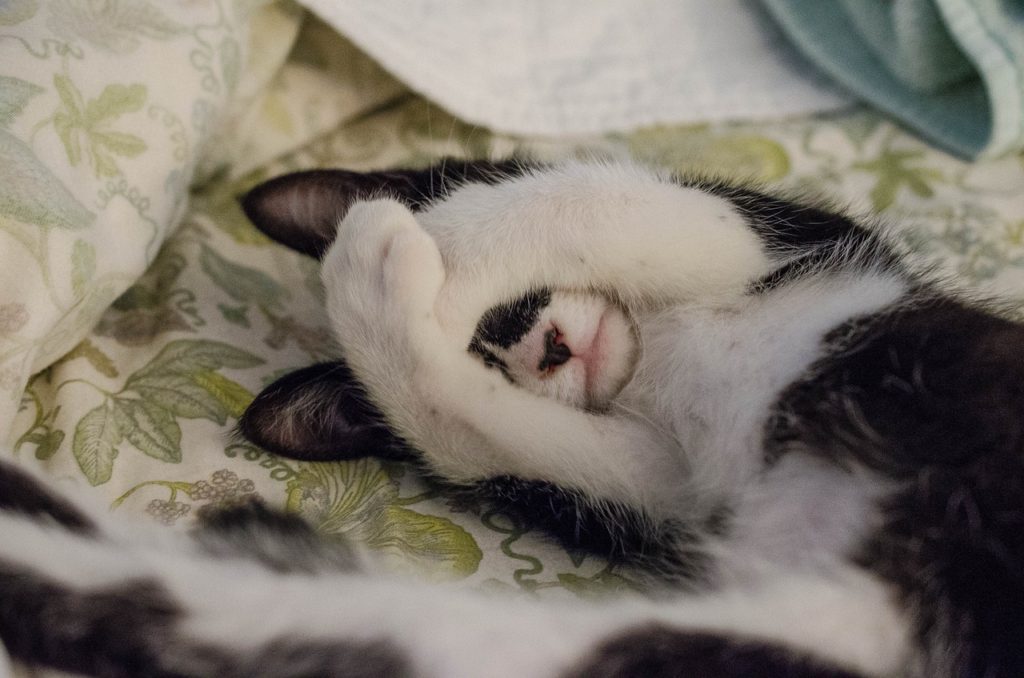
Cat Farts: Medical Causes
Of course, when cat farts become a genuine problem, the source MAY be a health concern. Remember, the gas comes from bacteria in the gut. If the GI tract is having problems, that could mean an underlying health concern. Odds are, though, you’re going to see additional signs. Cats with medical issues will have more than silent gas attacks:
- Lethargy
- Loss of appetite
- Diarrhea/Vomiting
- Audible stomach growls
- Changes to their stools
- Difficulty passing stools
When you combine cat farts with these symptoms, it’s time to make an appointment with the vet. You probably have something else going on that needs additional testing. This will likely involve lab work, radiographs, and possibly even an ultrasound to get a clearer picture. Once your vet understands what’s going on, they can recommend treatment.
Parasites
Nothing throws off a digestive system worse than parasites. Nasty little worms get in there, steal nutrients from your cat, and upset the status quo. And you likely WON’T see the eggs! They’re microscopic. You’ll potentially hear cat farts, see weight loss, or notice your cat getting hungrier than usual, but that’s it. But parasites NEED to get addressed. And some of the worst offenders in felines are:
- Coccidia
- Hookworms
- Roundworms
- Tritrichomonas foetus
With a quick fecal exam, your vet can tell which of these parasites is the source of your cat’s excessive gas. Then they can prescribe the appropriate treatment. Over-the-counter dewormers AREN’T a good option. NOTHING kills every parasite, and if you don’t know what you’re treating, you may end up administering a medication for nothing. Also, some parasites are stubborn. It could take multiple rounds to eradicate them. You’re best bet for success is working with your vet.
Malabsorption
Sometimes the bacteria in the gut aren’t the problem. They’re doing their job properly. There isn’t even a disturbance in the microbiome. But the GI tract fails to get the nutrients from the food into the body. As a result, those poor bacteria don’t get THEIR food – and they start to die. And that’s when you start to notice cat farts.
This can come from inflammatory bowel disease, issues with the pancreas (which sends digestive enzymes to the stomach), or certain cancers. You’ll see weight loss, even as your cat continues to eat normally. Vomiting often crops up, sometimes accompanied by diarrhea. And it’s often frustrating to get everything diagnosed and treated. But seeing your vet? That’s your best shot at getting everything sorted.
Our oldest cat has IBD, and he vomits like clockwork every 2-3 days – despite a bland prescription diet and anti-nausea medication. He’s happy to eat (and he’s finally putting weight back on), but he definitely feels crummy when he throws up. (And we do notice his farts) It doesn’t help that he’s Diabetic, so he doesn’t have a properly-functioning pancreas, either. Luckily, we have a fantastic vet who’s working hard to get him feeling his best.
The Dignified Toot
Maybe not EVERYONE passes gas, but cat farts? They’re real. And while you may not hear them the way you do your dog’s (or even smell them), they’re out there. And when you DO notice them, it may be time to investigate the cause. Because the dignified feline isn’t known for attracting attention when they emit their flatulence. And if you’re noticing EXCESSIVE gas, odds are there’s a genuine problem. (And it’s not just your cat’s embarrassment)
Okay, NOW you can start laughing.



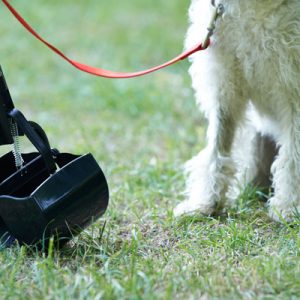
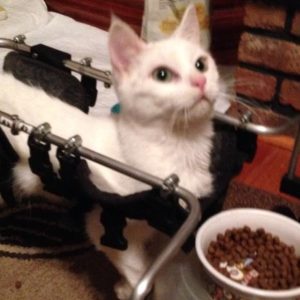







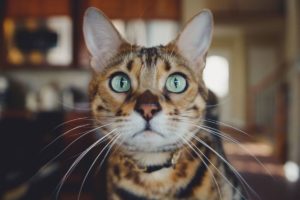
No comment yet, add your voice below!